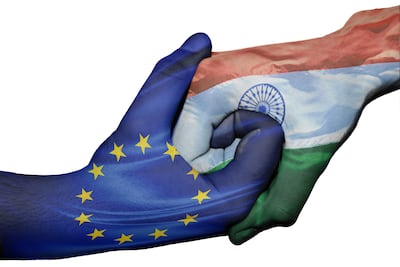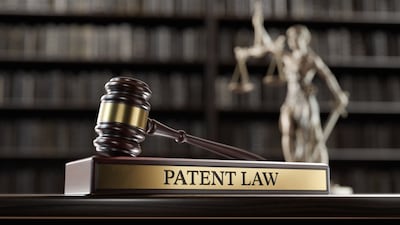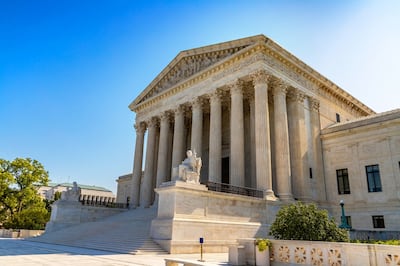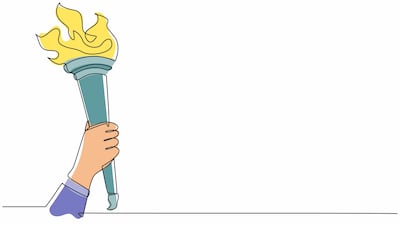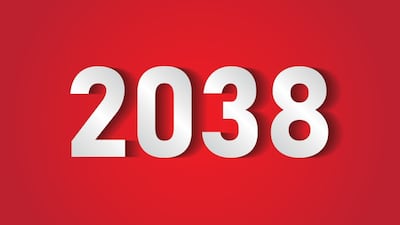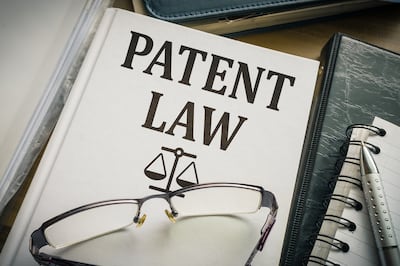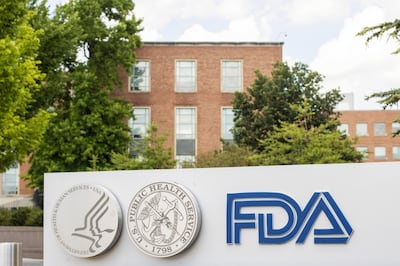Patents
An India-EU trade deal sets ground for a free trade agreement to lower tariffs on pharma, though an investment protection agreement – likely influencing data exclusivity – will be concluded later. Will the US now reconsider its India tariffs?
Bayer is the latest company seeking compensation from COVID-19 vaccine manufacturers for allegedly infringing patents.
Using artificial intelligence in drug discovery and development could have huge benefits for companies, but a key challenge will be addressing how data is used to train AI tools and managing intellectual property issues, says Clifford Chance’s Stephen Reese.
The latest step in the long-running saga of Hikma and Amarin’s induced infringement dispute over Vascepa is a US Supreme Court review of the litigation, which could result in changes to generic drug skinny-label policy.
“Section viii cannot function as Congress intended,” if a Federal Circuit Court ruling stands, the US solicitor general argued in urging the Supreme Court to review and reverse the closely-watched Hikma Vascepa skinny-label case.
MSN Laboratories wins another case against Novartis and will keep approval for its generic version of Entresto. The decision effectively confirms that US FDA can approve ANDA labels that make limited wording changes to carve around patent-protected indications, reinforcing the agency’s flexibility.
In its latest attempt to curtail generic versions of Hetlioz, Vanda Pharmaceuticals asked FDA Commissioner Martin Makary to reverse a previous agency decision upholding two ANDA approvals, claiming an “unacceptable culture of bias toward approving generic drugs” at the agency.
Novartis failed to stop MSN from launching a generic Entresto and saw an earlier temporary ban lifted, potentially opening the market to competition before a final decision on a US patent dispute.
A Duke-Margolis working group is developing ideas to enable non-profit firms to seek US FDA approval for new indications for off-patent medicines. The former acting commissioner thinks citizen petitions might be the fastest route.
Innovator drug advocates argued that the number of patents asserted by industry is not too dissimilar to other fields. But should drugs be compared to golf balls?
At Medicines for Europe’s legal affairs conference last month, divisional patents were once again a major subject of discussion. Attendees heard fresh details of how patentee games are preventing generics from hitting the market and restricting wider access to major medicines.
The US Supreme Court is seeking the administration's view following the Federal Circuit decided to reopen Amarin’s case against the ‘skinny-label’ generic Vascepa (icosapent ethyl).
There are now three draft versions of the legislative text that will overhaul the framework governing pharmaceuticals in the EU. Lawyers explain how the approaches proposed by the European Commission, European Parliament and Council of the EU differ and highlight implications for industry.
Lupin became the latest ANDA sponsor to settle patent-infringement litigation over Harmony Biosciences’ Wakix (pitolisant hydrochloride), which has been touted as a potential blockbuster.
In a somewhat surprising move, President Trump’s Federal Trade Commission is continuing a crusade to delist improper listings from the FDA’s Orange Book. Law firm Polsinelli’s chair Chad Landmon discussed the impact of the move on the generic drug industry.
Experts from EUCOPE explain why the Council of the EU’s position on the proposed overhaul of the general pharmaceutical legislation could offer more predictability for companies than the commission’s initial offering.
Acadia’s Nuplazid for hallucinations and delusions associated with Parkinson’s disease psychosis appears safe from generic competition until well into the next decade, following a favorable infringement and validity decision by a US district court.
The verdict by the Unified Patent Court in the dispute between Sanofi/Regeneron Pharmaceuticals and Amgen explains what companies should look out for when deciding whether infringement has taken place when it comes to second medical use patents.
Teva was forced to delist its ProAir HFA inhaler patents from the FDA’s Orange Book by mid-March after the Federal Circuit denied its petition for en banc rehearing. Will the Supreme Court listen?
The FDA Commissioner nominee also commented on trial diversity, the role of public comment and expedited biosimilar reviews during his Senate confirmation hearing.

